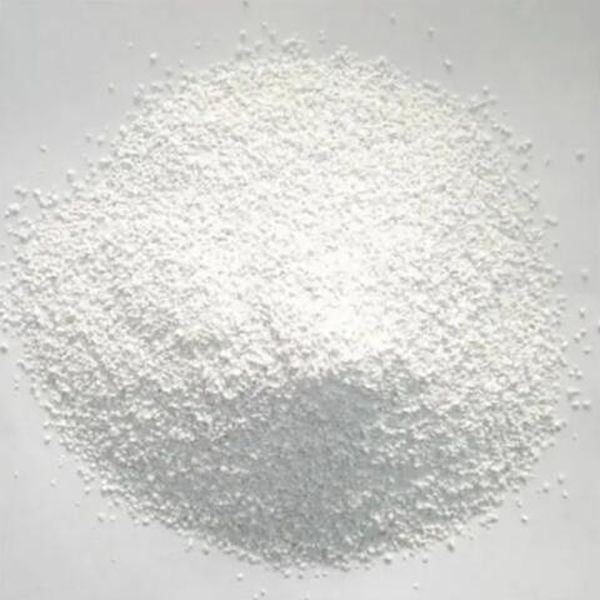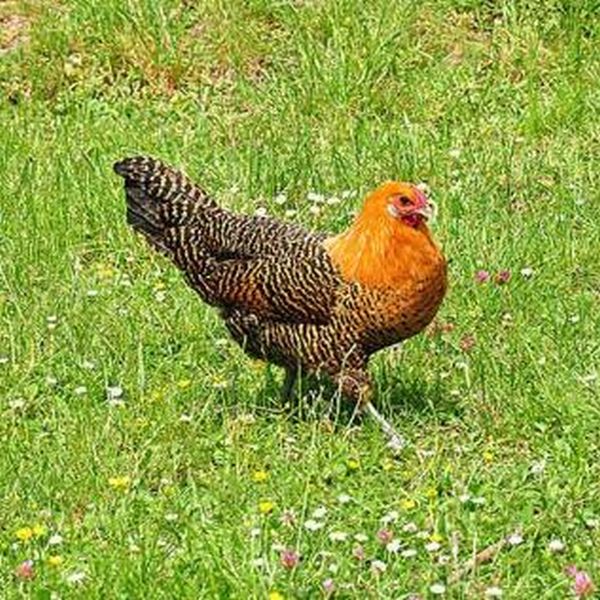Vitamin B5 is also called pantothenic acid, nicotinic acid, or vitamin PP. It is converted into nicotinamide in chickens and is a component of coenzyme I and coenzyme II. These two enzymes are involved in the metabolism of carbohydrates, fats and proteins and play an important role in maintaining the normal function of the skin and digestive organs. Chicks have a high requirement for niacin, lack of appetite when they are lacking, slow growth, poor feather development, swollen ankle joints, and bending of the leg bones; when the chickens are lacking, the hatching rate of breeding eggs decreases.
Vitamin B5 deficiency manifests as dermatitis, hair removal, and adrenal degeneration. Dyskinesia due to neurodegeneration. Pantothenic acid deficiency can occur in pigs and chickens, and rarely occurs in herbivores. When fish lack pantothenic acid, carp will develop epidermal hemorrhage, protruding eyeballs, rotten fins, bleeding from fin base, loss of appetite, slowed growth, neurogenic spasm, dullness, and decreased balance. Salmon and trout show part of gills necrosis, scarring and cell atrophy. Anemia occurs after chronic deficiency. After adding pantothenic acid to the feed, the fish that can still eat will recover quickly. Although the signs of necrosis and scarring are still around 4 weeks later, the symptoms of severe deficiency disappear.
Post time: Mar-12-2020

